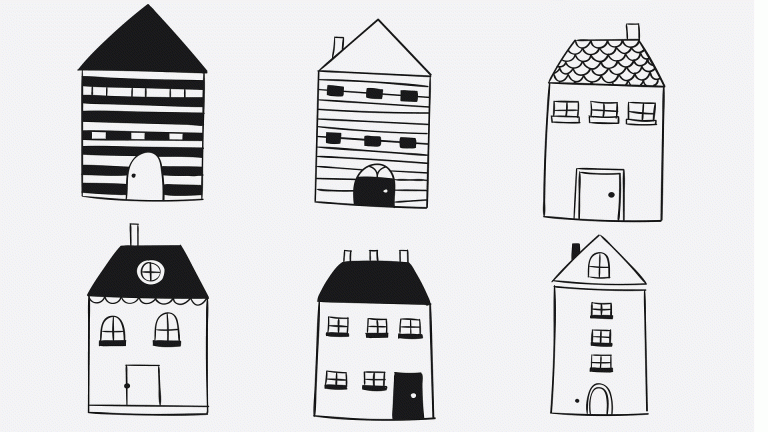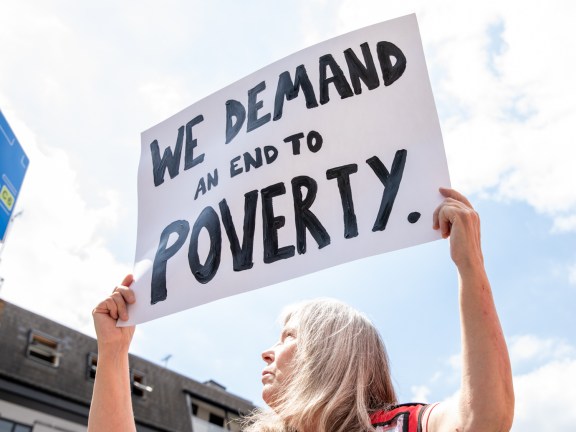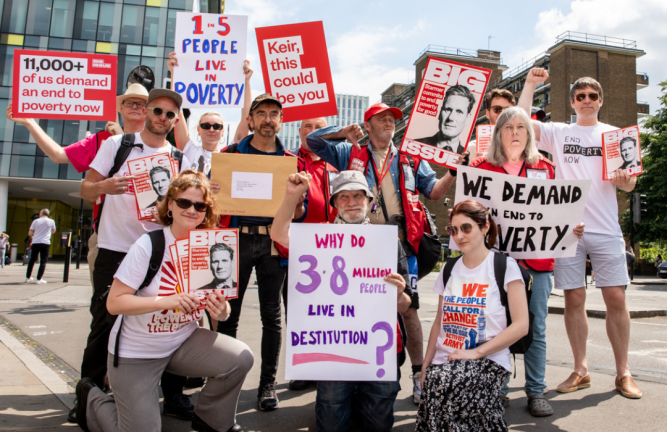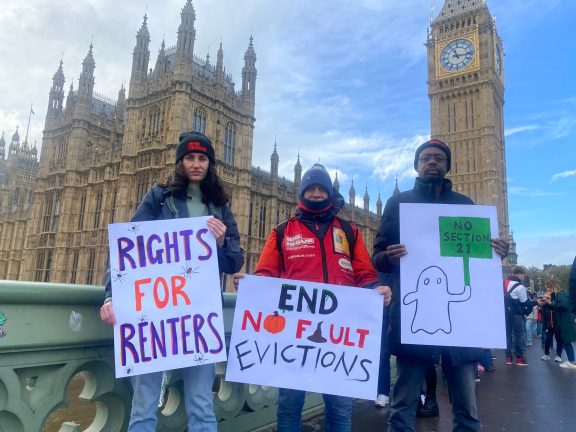Blueprint to End Poverty

Blueprint to End Poverty
Download
Blueprint to End Poverty
DownloadRead our Blueprint to End Poverty
Big Issue’s Blueprint to End Poverty is our long-term plan to end poverty for good.
With 3.8 million people living in destitution, the government must start investing to provide people with the tools they need to change their lives.
We have decades of experience working with people affected by poverty to move their lives forward, so we know what it takes. We’ve used that knowledge to compile a roadmap for the government to end the poverty crisis based on our five poverty prevention pillars.

Poverty Prevention Pillars
We believe that ending poverty relies on addressing five interlinked pillars of concern. These pillars are the cornerstone of our work at Big Issue Group and our Blueprint to End Poverty, and we believe that the government must adopt the same model to truly break the cycle of poverty for people now and for future generations.
1. Housing
Secure housing is a core and essential step in creating a stable environment to move forward and allow people to rebuild their lives, and for young people to live in a hopeful future.
2. Health and Wellbeing
Poverty causes ill health, driving inequality and increasing pressure on health services. Investment in prevention will improve quality of life and it is better long-term in costs for the nation.
3. Community and Environment
Poverty and inequality can be directly tackled at a local level through community initiatives, both to improve opportunities for those in areas in need of core funding and in essential greening of the energy provision, and working to just transition to help this.
4. Learning and Employment
Investing in lifelong education and skills results in more stable and secure employment, higher earnings and less exposure to poverty.
5. Financial and Digital Inclusion
Tackling digital and financial exclusion, to ensure everyone is equipped with basic financial and digital skills, alongside access to the internet, communication and bank accounts. This is critical to drive inclusion and enable earning and employment. We must also continue to fight for cheaper and fair credit for the poorest in society.
Our Work
Latest news
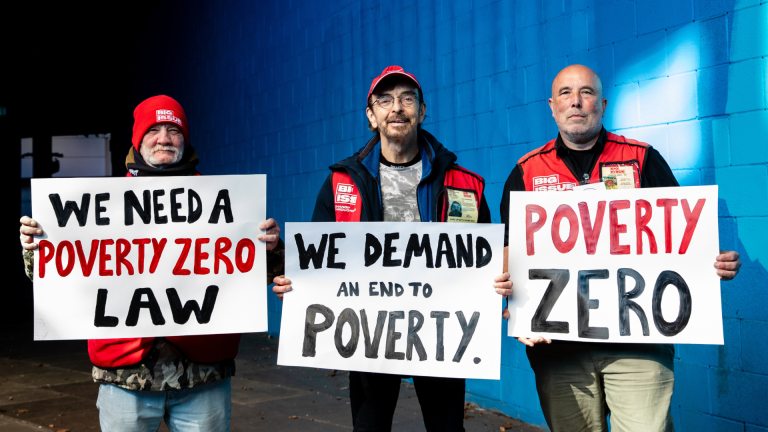
Big Issue calls for Scotland-style poverty reduction targets as new analysis exposes huge gap in progress between UK nations

Calls for immediate no-fault eviction ban as new stats cast doubt on so-called landlord exodus

Rents in UK are rising at highest rate in decades. Will they keep going up?
